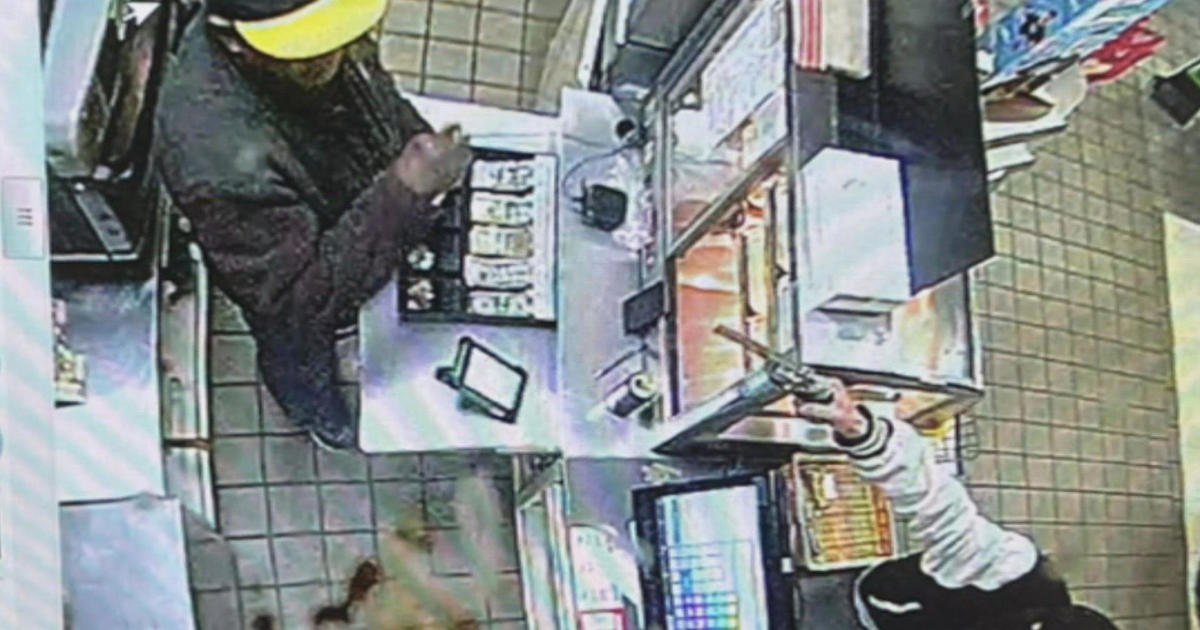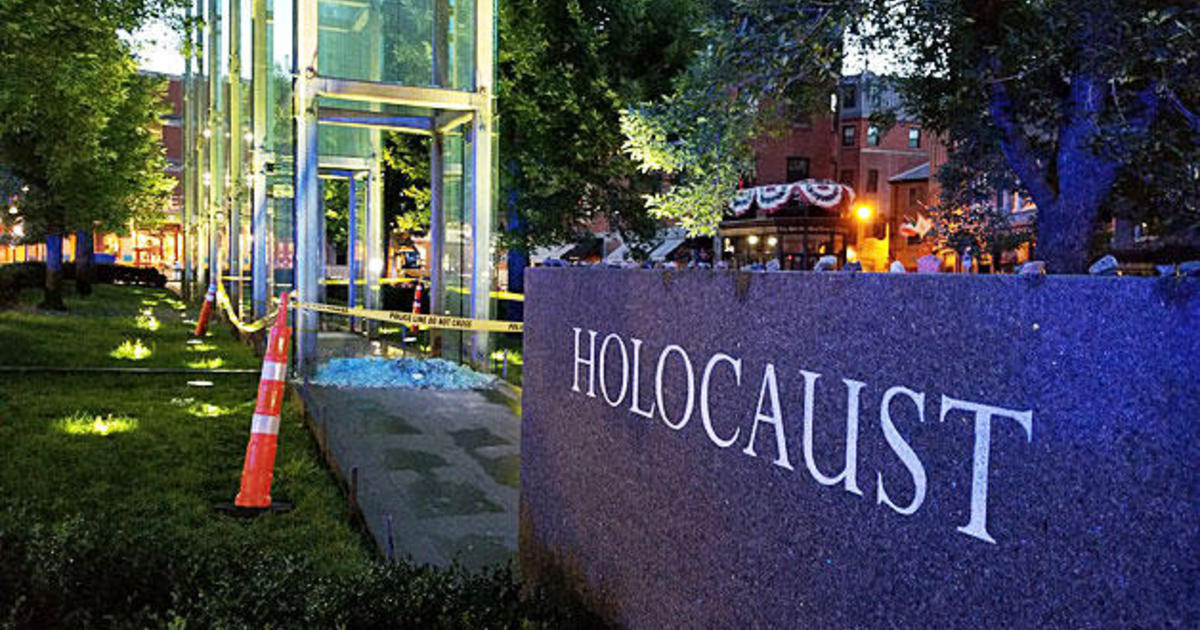Court Says Head Shake Should Stop Police Questions
BOSTON (AP) — A head shake is just as good as words for suspects to tell police they want to invoke their right to remain silent, the highest court in Massachusetts ruled Friday.
The Supreme Judicial Court upheld the suppression of statements made by a man who shook his head from side to side after police asked him if he wanted to speak to them about an indecent assault and battery at a subway station. Later in the interrogation, the man signed a form waiving his right to remain silent and then made incriminating statements.
The court found that the questioning should have stopped after the man shook his head.
The court said that although federal law requires a suspect to invoke his right to remain silent "with the utmost clarity," such precision is not required under the Massachusetts Declaration of Rights.
"When law enforcement officials reasonably do not know whether or not a suspect wants to invoke the right to remain silent, there can be no dispute that it is a 'good police practice' for them to stop questioning on any other subject and ask the suspect to make his choice clear," Justice Barbara Lenk wrote for the court in a unanimous opinion.
A spokesman for Suffolk District Attorney Dan Conley said the ruling may confuse police.
"The high court now is rejecting the clear federal standard for a less clear standard," Wark said. "It widens the gray areas in police interviews rather than creating a clear line for police officers to follow."
Brandon Clarke was questioned by police for the Massachusetts Bay Transportation Authority in October 2008 after he was arrested for an indecent assault and battery that had occurred a few weeks earlier.
At the beginning of the interrogation, police gave Clarke a waiver form describing his Miranda rights to remain silent and have a lawyer present for questioning. Clarke immediately began to sign the form, but one of the officers told him he wanted to review with him the rights described in the form. The officer then asked Clarke if he wanted to discuss the charges.
At that point, Clarke asked what would happen if he didn't speak to police. When the officer told him "nothing," Clarke said he wanted to go home.
The officer then said, "So you don't want to speak?" Clarke then shook his head back and forth.
After more discussion, Clarke said he wanted to talk, then signed the Miranda waiver form.
Wark said the police officers who questioned Clarke believed his head shake was "an ambiguous response to multiple questions" and a misunderstanding of the next step in the arrest process.
Police said that Clarke signed the Miranda waiver form, he "admitted that he had repeatedly brushed his hand against a man on the subway car," according to the summary of the case included in the ruling.
Clarke's appellate lawyer, Rebecca Jacobstein, said the court is saying that a suspect's right to cut off police questioning must be "scrupulously honored."
"The question is, how clear does that invocation of the right to remain silent have to be?" she said. "Under federal law, it has to be incredibly clear; under Massachusetts law, you can invoke with less clarity."
Copyright 2012 The Associated Press.



